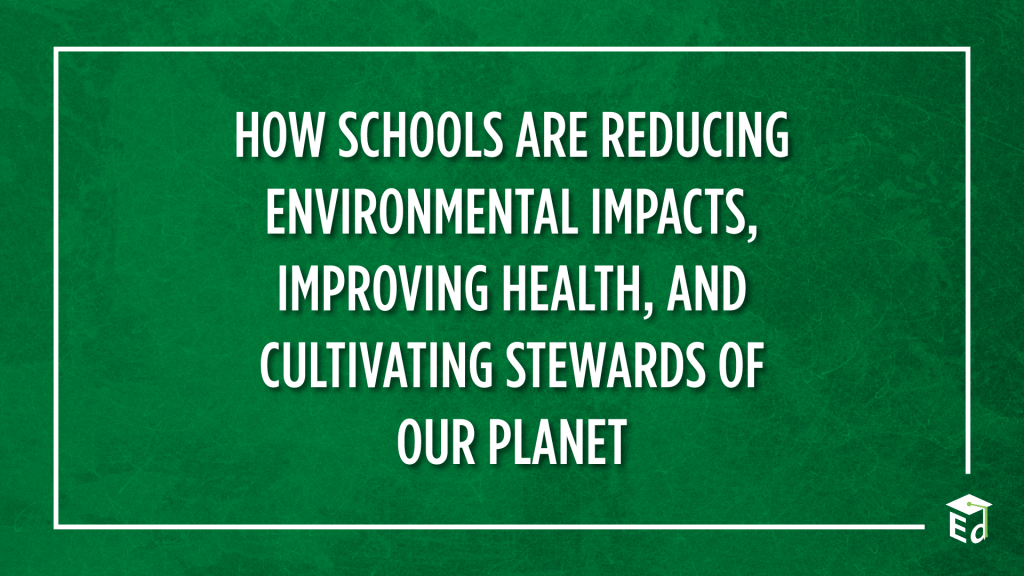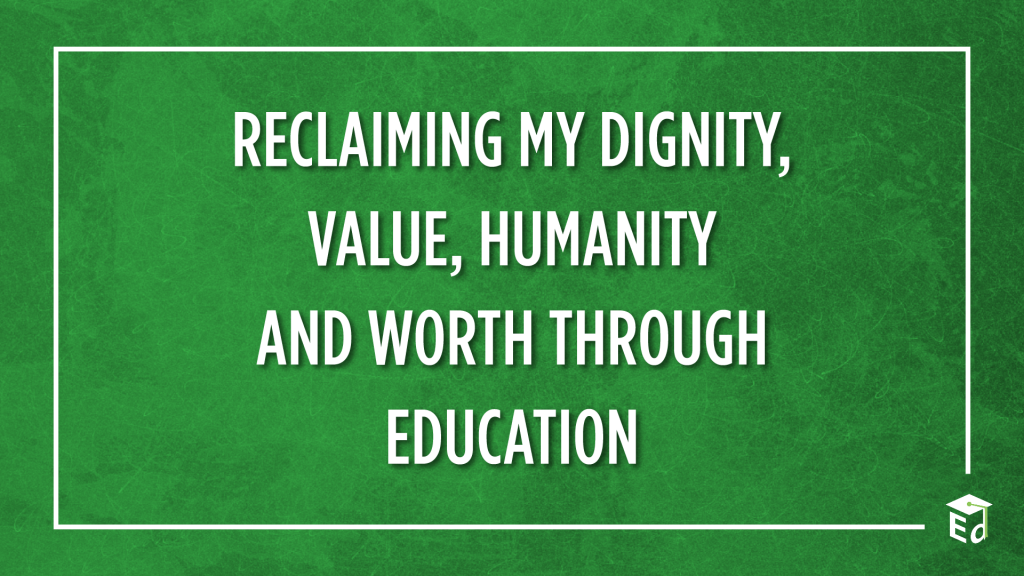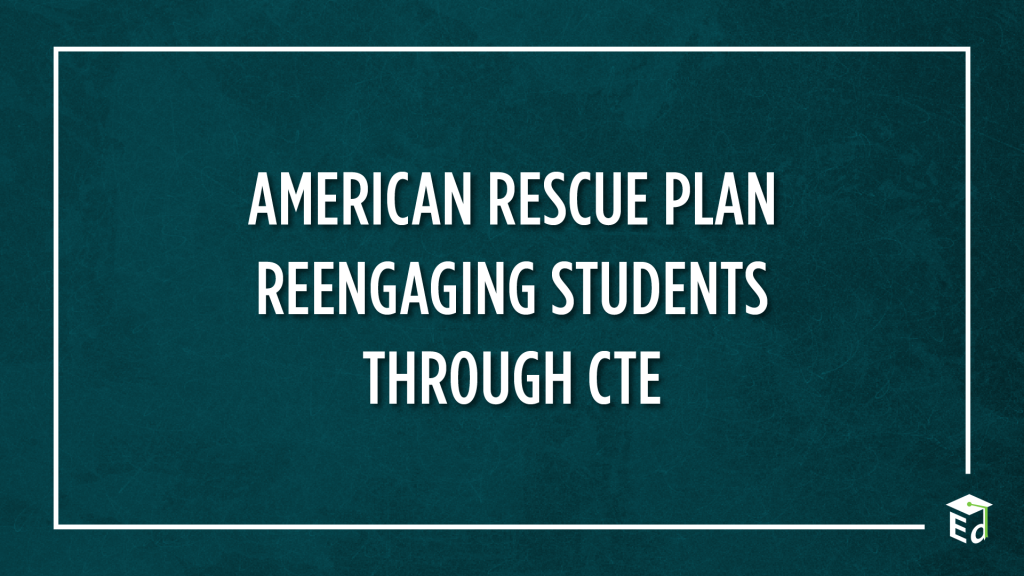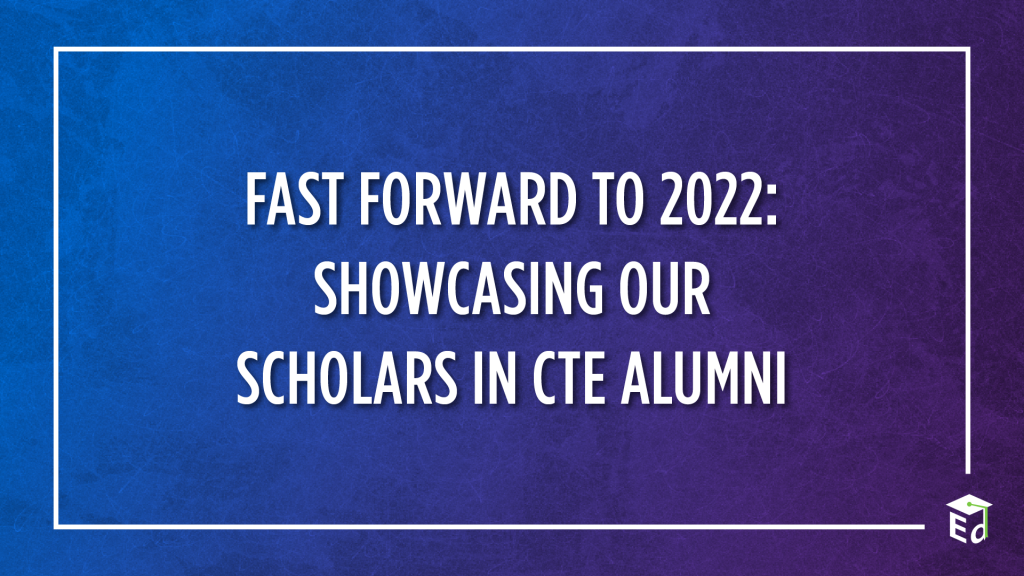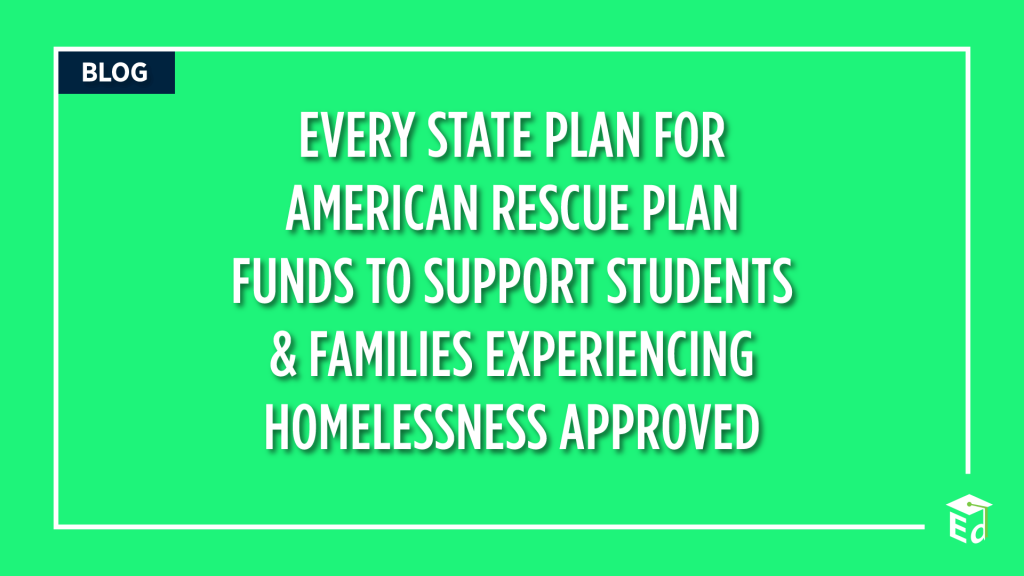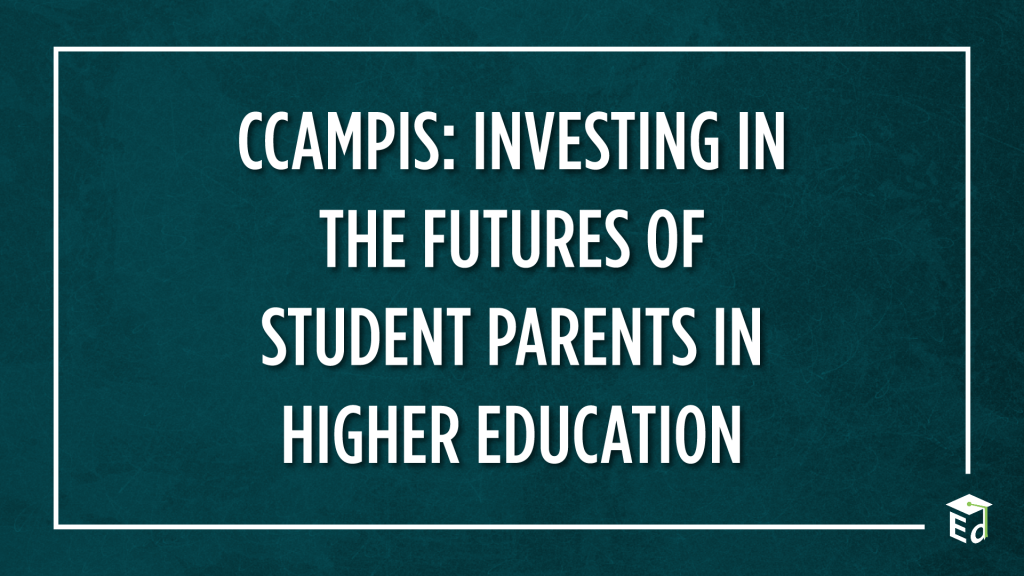
By: Michelle Asha Cooper, Ph.D., Acting Assistant Secretary, Office of Postsecondary Education
The COVID-19 pandemic proved to all of us just how important access to childcare and early childhood education is not only for children, but for parents and caretakers. I know I felt that tension, personally, as I too juggled childcare responsibilities for my daughter and work at the beginning of the pandemic. Eventually, I was able to enroll her in a universal pre-K program. However, due to pandemic policies, that was only four hours per day, and balancing work, virtual school, and the need for additional childcare was a complicated mix.




